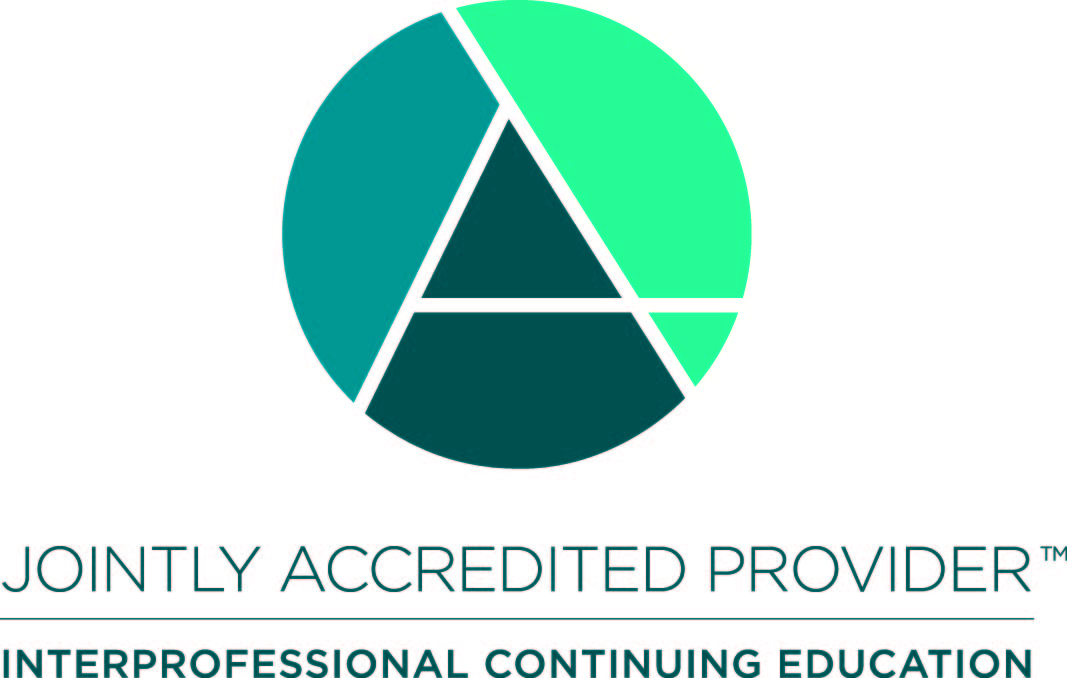Continuous Quality Improvement: National Surgical Quality Improvement Program (NSQIP) Transplant - Adam Gracon, MD
Learning Objectives
Upon completion of this activity, participants will be able to:
- Outline a brief history of quality improvement in healthcare.
- Discuss specific requirements for quality initiatives in transplant programs.
- Describe an overview of the National Surgical Quality Improvement Program (NSQIP).
- Outline progress with the NSQIP Transplant initiative.
| Adam Gracon, MD Speaker | David P. Foley, MD Chair | Kathy Kennedy Planner | Scot Johnson, NP Planner |
| Margaret Jorgenson, pharmacist | Amy Pahl Planner | Jessica Viste Planner | Kathryn Foreyt RSS Coordinator |
| Jessica Carlucci-Jenkins OCPD Staff | Kim Sprecker OCPD Staff |
FACULTY DISCLOSURE
It is the policy of the University of Wisconsin–Madison ICEP that the faculty, authors, planners, and other persons who may influence content of this CE activity disclose all relevant financial relationships with commercial interests* in order to allow CE staff to identify and resolve any potential conflicts of interest. Faculty must also disclose any planned discussions of unlabeled/unapproved uses of drugs or devices during the educational activity. For this educational activity all conflicts of interests have been resolved and detailed disclosures are listed below:
Adam Gracon, MD: No relevant relationships to disclose in regard to this activity.
David P. Foley, MD: No relevant relationships to disclose in regard to this activity.
Kathy Kennedy: No relevant relationships to disclose in regard to this activity.
Scot Johnson, NP: No relevant relationships to disclose in regard to this activity.
Amy Pahl: No relevant relationships to disclose in regard to this activity.
Jessica Viste: No relevant relationships to disclose in regard to this activity.
Margaret Jorgenson, pharmacist: No relevant relationships to disclose in regard to this activity.
Kathryn Foreyt: No relevant relationships to disclose in regard to this activity.
Jessica Carlucci-Jenkins, BA: No relevant relationships to disclose in regard to this activity.
Kim Spreacker, PhD: No relevant relationships to disclose in regard to this activity.
* The ACCME defines a commercial interest as any entity producing, marketing, re-selling, or distributing health care goods or services consumed by, or used on, patients. The ACCME does not consider providers of clinical service directly to patients to be commercial interests.
Disclosure of Unlabeled Use: The University of Wisconsin–Madison ICEP advises the participant that this continuing medical education activity may contain reference(s) to unlabeled or unapproved uses of drugs or devices.
Accreditation Statement
 | In support of improving patient care, the University of Wisconsin–Madison ICEP is jointly accredited by the Accreditation Council for Continuing Medical Education (ACCME), the Accreditation Council for Pharmacy Education (ACPE), and the American Nurses Credentialing Center (ANCC) to provide continuing education for the healthcare team. |
Credit Designation Statements
Accreditation Council for Pharmacy Education (ACPE)
A maximum of 0.75 hour of knowledge-based CE credit can be earned by successfully completing this enduring activity. Pharmacists should claim only the credit commensurate with the extent of their participation in the activity. CE credit information, based on verification of live attendance, will be provided to NABP within 60 days after the activity completion.
2019 Universal Activity Number (UAN): JA0000358-0000-19-113-H04-P
American Board of Surgery (ABS)
Successful completion of this CME activity, which includes participation in the evaluation component, enables the participant to earn up to 0.75 Medical Knowledge MOC points in the American Board of Surgery's (ABS) Maintenance of Certification (MOC) program. Participants will earn MOC points equivalent to the amount of CME credits claimed for the activity. It is the CME activity provider's responsibility to submit participant completion information to ACCME for the purpose of granting ABS MOC credit.
American Medical Association
The University of Wisconsin–Madison ICEP designates this enduring activity for a maximum of 0.75 AMA PRA Category 1 Credits™. Physicians should claim only the credit commensurate with the extent of their participation in the activity.
American Nurses Credentialing Center (ANCC)
The University of Wisconsin–Madison ICEP designates this enduring activity for a maximum of 0.75 ANCC contact hour.
The University of Wisconsin–Madison School of Nursing is Iowa Board of Nursing provider 350.
American Board for Transplant Certification (ABTC) Course Number 17000-236
This enduring activity is approved for a maximum of 0.75 ABTC Category 1 CEPTC hour
Continuing Education Units
The University of Wisconsin–Madison, as a member of the University Continuing Education Association (UCEA), authorizes this program for 0.075 continuing education units (CEUs) or 0.75 hour.
Available Credit
- 0.75 MOC: ABS Lifelong Learning & Self-Assessment Points (Part II)This activity meets the ABS requirements for CME and self‐assessment credit toward Part 2 of the ABS MOC program.
- 0.75 ABTC Category 1 CEPTC hour(s)/UW Health
- 0.75 ACPE Contact Hours - Pharmacist
- 0.75 AMA PRA Category 1 Credit™
- 0.75 ANCC Contact Hours
- 0.75 University of Wisconsin–Madison Continuing Education Hours

 Facebook
Facebook X
X LinkedIn
LinkedIn Forward
Forward